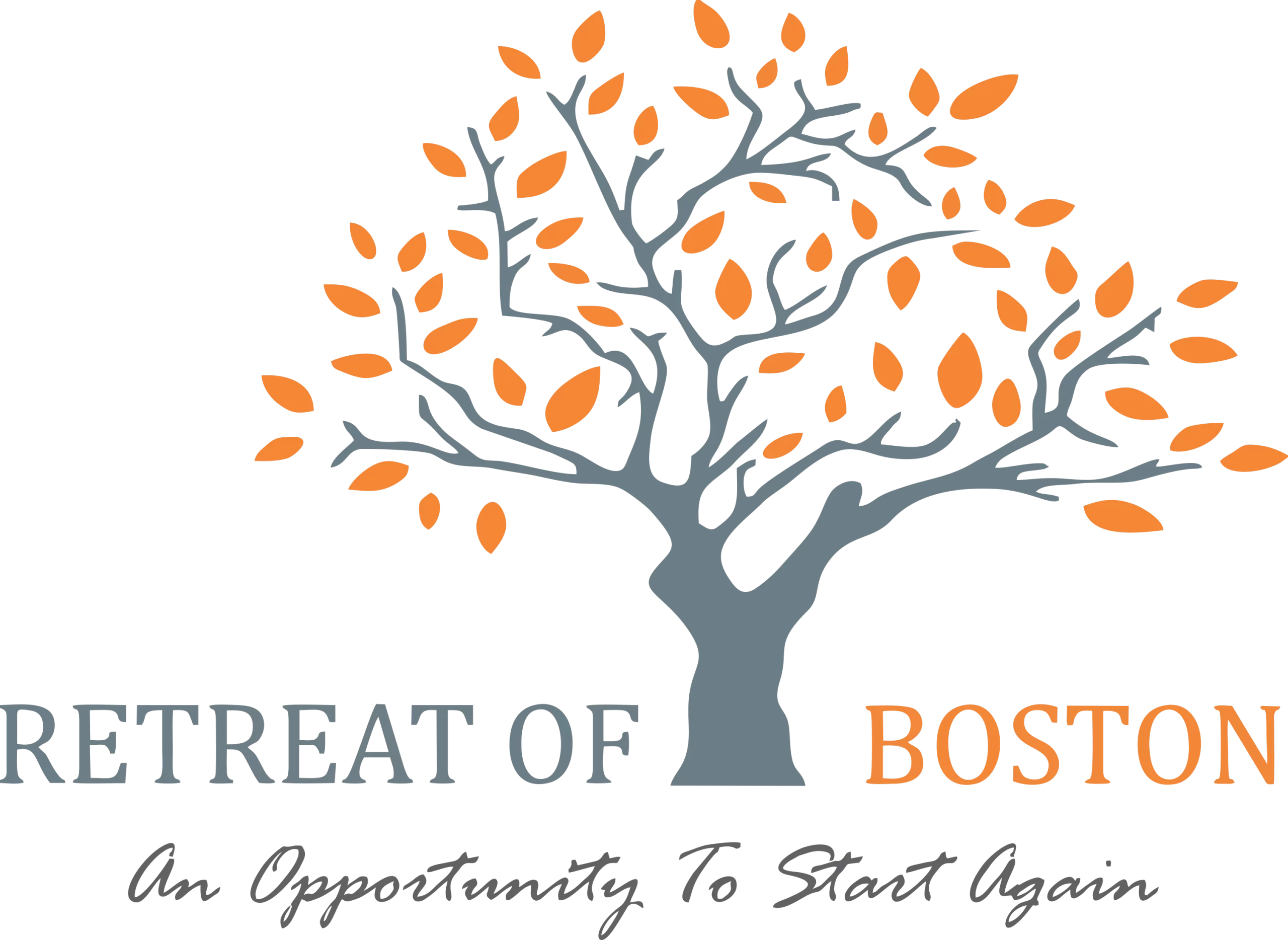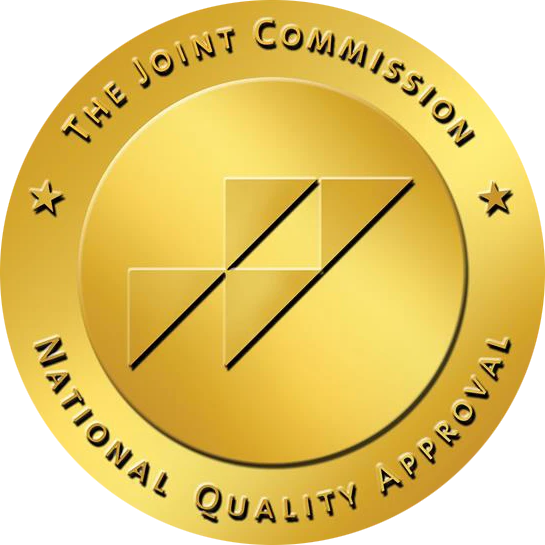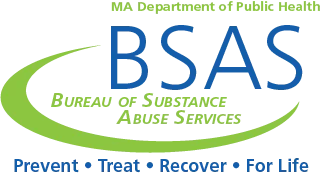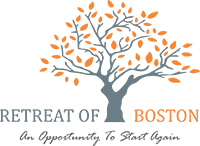In Boston, Massachusetts, the battle against opioid addiction has taken a promising turn with the adoption of medication-assisted treatment (MAT) programs. These innovative treatments combine medications like Buprenorphine, Methadone, and Naltrexone with counseling and behavioral therapies to provide a comprehensive approach to addiction recovery.
We’ve seen firsthand how these MAT in Boston programs are transforming lives through our MAT in Boston program which offers expert medical treatment to those struggling with substance abuse. Our medication-assisted treatment centers in Boston are not just about managing symptoms but are deeply committed to helping individuals achieve long-lasting sobriety.
Understanding Medication-Assisted Treatment in Boston, MA
When we delve into Medication-Assisted Treatment (MAT) for opioid addiction, it’s clear that this approach is not just about medications; it’s a blend that also involves counseling and behavioral therapies. This holistic strategy is designed to treat the whole individual, not just the addiction. MAT utilizes FDA-approved medications in treating substance use disorders, marking a significant advancement in the field of addiction medicine.
One of the core principles of MAT in Boston is the acknowledgment that medication is most effective when combined with psychosocial support. This combination is pivotal in managing not just the physiological aspects of withdrawal but also addressing the psychological drivers of addiction. It’s this comprehensive care model that makes MAT an effective method for treating opioid and alcohol use disorders, among others.
The Purpose Of MAT in Boston Programs
- Ease of Withdrawal Symptoms: By mitigating the painful experience of withdrawal, MAT helps individuals to better cope during the initial phase of recovery.
- Reduction of Psychological Cravings: The medications used in MAT are designed to reduce the intense cravings for opioids, a major hurdle in recovery.
- Normalization of Body Functions: MAT aids in restoring body functions and brain chemistry to their pre-addiction state.
- Improved Treatment Retention Rates: Statistics show that MAT increases the likelihood of patients staying in treatment longer, leading to better outcomes.
- Increased Patient Safety: MAT reduces the risk of overdose by providing a controlled, medically supervised recovery process.
In Boston, the embrace of MAT in addressing opioid addiction underscores an evolving understanding of substance use disorders—not as moral failings, but as complex health conditions that require nuanced, compassionate responses. Through programs like those offered by The Retreat of Boston, individuals receive tailored support throughout their recovery journey, enhancing not only their chance of sustained sobriety but also their overall quality of life. This approach aligns with our commitment to providing comprehensive, accessible addiction treatment solutions to our community.

Types of Medications Used in MAT
When delving into the types of medications employed in Medication-Assisted Treatment (MAT) programs in Boston, it’s crucial to understand that each medication serves a targeted role in the recovery journey.
These FDA-approved medications, when paired with counseling and behavioral therapies, forge a comprehensive approach toward treating substance use disorders, particularly opioid addiction. Here, we’ll break down the key medications most often used in MAT programs and how they contribute to an individual’s path to recovery.
Suboxone
Buprenorphine, often known by its brand name Suboxone, is a partial opioid agonist. This medication is distinctive for its ability to alleviate withdrawal symptoms without producing the same high as other opioids. It’s available in various forms – sublingual tablets, films, or injections – making it a versatile option based on patient needs and preferences. Buprenorphine’s unique properties help maintain physical comfort during detox, significantly lowering the risk of misuse and dependency.
Methadone
Methadone, a long-acting opioid agonist, is another cornerstone of MAT. Its primary function is to reduce cravings and withdrawal symptoms, a common hurdle in opioid addiction recovery. By acting on the same brain receptors as other opioids, methadone helps stabilize patients without the euphoric effects, facilitating a smoother transition toward long-term sobriety.
Naltrexone
For those battling opioid and alcohol use disorders, Naltrexone offers a critical advantage. As an opioid antagonist, Naltrexone blocks the euphoric and sedative effects of opioids. This action not only curbs cravings but also prevents relapse. Notably, Naltrexone is effective for alcohol addiction too, offering a dual purpose in MAT programs.
Disulfiram
Lastly, Acamprosate and Disulfiram are prominent in treating alcohol use disorder within MAT. Acamprosate aids in reducing the psychological cravings for alcohol, whereas Disulfiram deters alcohol consumption by causing unpleasant effects when alcohol is ingested. Both medications are pivotal in managing alcohol dependence, guiding patients toward sustained recovery.
By utilizing these medications thoughtfully,our MAT in Boston program not only enhances patient safety but also significantly boosts the chances of successful long-term recovery. Each medication, with its unique characteristics, underscores the importance of personalized treatment plans tailored to meet individual needs.
Benefits of Medication-Assisted Treatment in Boston
We’ve discovered numerous advantages to participating in medication-assisted treatment (MAT) programs, especially for those located in or near Boston, Massachusetts. MAT’s blend of pharmaceutical intervention and counseling provides a comprehensive approach to tackling opioid and alcohol addiction. FDA-approved medications such as Buprenorphine, Methadone, and Naltrexone play a pivotal role in alleviating withdrawal symptoms, decreasing cravings, and reducing the likelihood of relapse.
One of the core benefits we’ve observed is the strong support network fostered within MAT programs. Through individual counseling, our patients delve into the underlying issues fueling their addiction. In group therapy sessions, participants find solace and strength in shared experiences, fostering connections that prove invaluable during recovery. This sense of community is crucial and acts as a bedrock for lasting wellness.
Moreover, our MAT in Boston facility is just minutes away from I-93 and I-90, and offers unparalleled accessibility to those in need. We provide a safe, supportive environment, staffed with dedicated professionals adept at guiding clients through their journey of recovery. Our commitment to evidence-based services ensures each patient receives personalized care, tailored to their unique needs.
The comprehensive care model we uphold includes not just medical interventions but also behavioral therapies and counseling. This approach equips our patients with the necessary skills to rebuild their lives, enhancing their chances for a successful, long-term recovery. It’s not only about halting substance use; it’s about fostering an improved, hopeful future.
Our efforts in Boston extend beyond just treating addiction; we aim to empower our patients, helping them overcome feelings of shame and isolation. By engaging actively in our medication-assisted treatment program, individuals regain self-confidence and acquire the life skills essential for a fulfilling life post-recovery. This holistic approach to rehabilitation is what sets us apart and bolsters our patients on their path to wellness.

MAT in Boston Programs
When exploring the landscape of Medication-Assisted Treatment (MAT) in Boston, it’s evident that numerous facilities, like the Retreat of Boston, offer comprehensive care aimed at tackling opioid and alcohol addiction through a multi-faceted approach. These programs combine the use of FDA-approved medications such as Buprenorphine, Methadone, and Naltrexone with behavioral therapies to provide a holistic recovery path.
Here’s a quick glance at some key features of our programs:
- Accessibility: Our centers are strategically located within minutes of major highways, ensuring ease of access for everyone in Boston and neighboring communities.
- Comprehensive Care: We offer a blend of medical interventions and counseling, aiming to heal both the body and the mind.
- Personalized Treatment: Understanding that recovery is a personal journey, our programs tailor treatment plans to meet individual needs, fostering hope and empowerment among participants.
Our commitment is clear: to equip patients with the skills necessary for a successful, long-term recovery. By emphasizing active participation in the treatment plan, clients gain confidence and learn valuable life skills essential for navigating a future free of addiction.
Find Recovery at Our MAT in Boston Facility
We’ve seen firsthand the power of Medication-Assisted Treatment in Boston and the remarkable journeys of those who’ve embraced this path to recovery. At our facilities, MAT isn’t just about addressing the physical grip of addiction but also healing the mind and rebuilding lives. Our programs aren’t like everywhere else; they’re beacons of hope for individuals and families affected by opioid addiction. Together, we can make a difference in the fight against addiction and pave the way for a future where recovery is within everyone’s reach. Find recovery today by contacting our admissions team.




